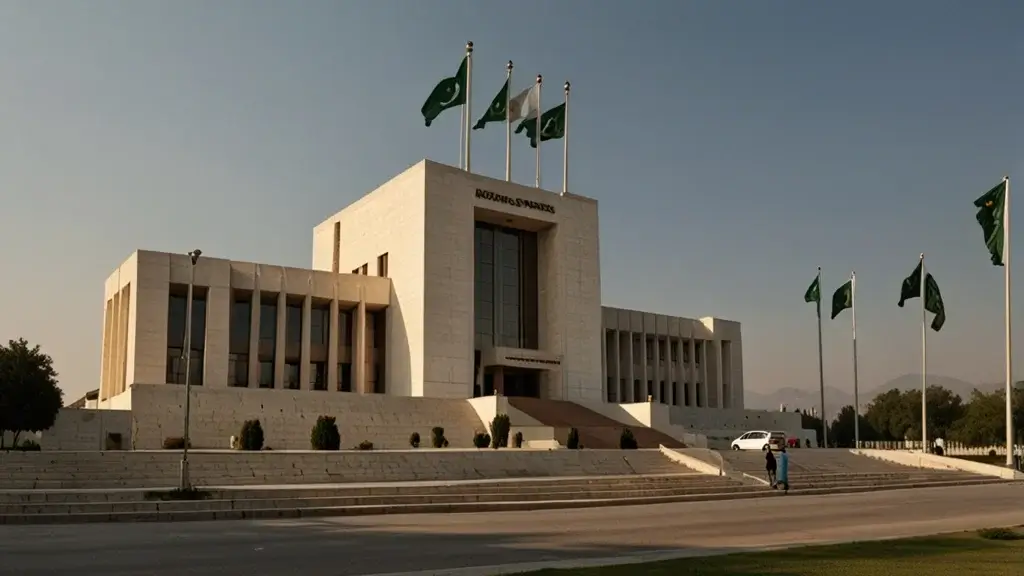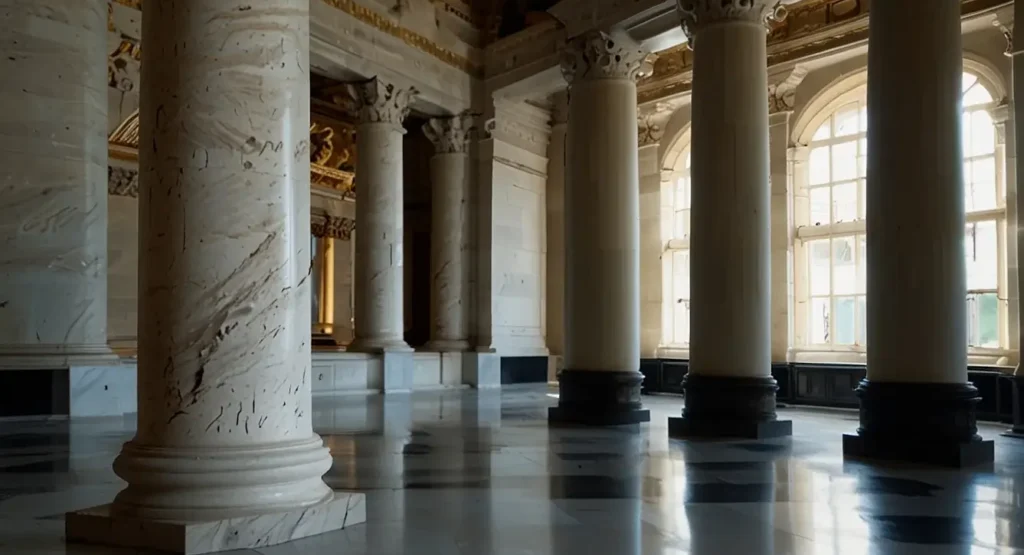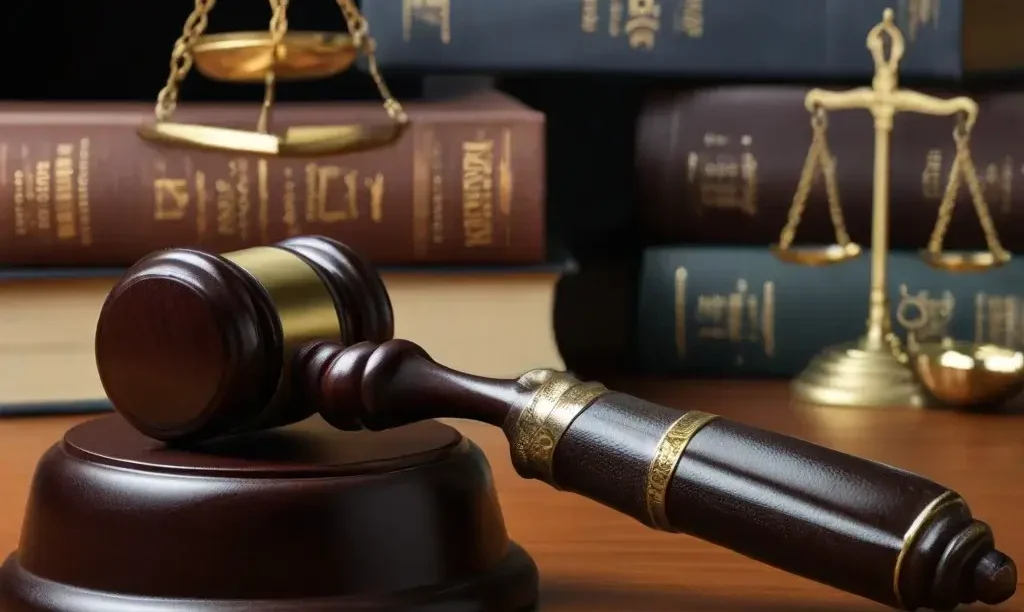Institution (H.E Barnes) “Institution represents the social structure and the machinery through which human society organizes, directs and executes the multi-furious activities required for satisfying human basic needs”.
“The social institution is an organized system of social relationship which embodies certain common values and procedures and meat certain basic needs of the society”.
A social institution is an organization or group that possesses defined responsibilities, norms, and expectations designed to fulfill societal demands. Numerous essential social institutions significantly influence our society. These encompass familial, religious, political, educational, and economic aspects.
Family Institution
“It is a group of intimate people living together in which they emotionally involve and related either by blood, marriage or adoption responsible for reproduction and rearing up the children”. The family, as the foundation of society, has a profound impact on social legislation. The influence of family values and structures on lawmakers is significant and far-reaching.
Socialization and Needs
Family is where individuals initially acquire societal norms and expectations. Lawmakers, who have personal experience with family dynamics, transform these values into legislation. Identifying the needs within families, such as childcare support or elder care, can pave the way for the development of policies that aim to tackle these issues.
Religious Influence
Family values often go hand in hand with religious beliefs. Lawmakers representing religious communities may support legislation that aligns with their beliefs, such as advocating for restrictions on abortion or same-sex marriage or blasphemy.
Economic Impact
The impact of family structures on economic policies is significant. Legislation could potentially focus on providing tax breaks for deserving families or addressing income inequality to offer support to families facing financial difficulties.
Religious Institution
Religion is an institution that encompasses beliefs and practices centered around sacred authorities and entities. Religious institutions have played a significant role in influencing social legislation throughout history. Their impact is evident in two crucial areas;
Morality
Various religions offer ethical guidelines that cover topics such as family dynamics, acts of kindness, and criminal behavior. These codes can provide valuable insights for lawmakers, helping to shape policies on important issues such as marriage, welfare programs, and criminal justice.
Advocacy and Mobilization
Religious institutions have a significant impact on society. They can organize significant support to advocate for or against particular laws. This influence becomes particularly significant when religious teachings directly address a social issue.
However, the impact of religion on social legislation is not always direct.

Diversity of Beliefs
Various religions, and even different denominations within the same religion, may hold contrasting perspectives on social issues. This can result in a complex balance of conflicting concerns.
Secularization
Across the globe, societies are witnessing a growing trend towards secularism. This has the potential to diminish the direct impact of religious institutions on the process of creating laws.
In light of these complex dynamics, religious institutions maintain a notable influence on the development of social legislation.
Political Institution
“Distribution system of power and authority which is used to maintain social order is called political institution”. Political institutions have a significant impact on the development of social legislation. Here is a step-by-step guide;
Agenda Setting
Legislatures and executives engage in the process of proposing and debating potential laws. The prevailing ideology within these institutions strongly shapes the prioritization of social issues. As an illustration, a legislature controlled by a party with a strong emphasis on social welfare would give priority to legislation concerning affordable housing or universal healthcare.
Negotiation
The structure of government has a significant impact on the development of social legislation. In bicameral systems, both houses must reach a consensus, fostering a spirit of cooperation and understanding between potentially divergent priorities. In addition, strong party systems can result in more cohesive social legislation that aligns with the party’s agenda.
Representation
Political institutions serve as a vital link between citizens and lawmakers. Interest groups advocate for their preferred social legislation by lobbying legislators. These groups have a significant impact on shaping the final law.
Judicial Review
In certain countries, courts possess the authority to evaluate the constitutionality of social legislation. This can serve as a way to hold the legislature accountable and ensure that laws are in line with the values of society.

Educational Institution
Education institution is focused on teaching and learning that help individuals to adjust in their environment. Educational institutions have a significant impact on shaping social legislation. Here’s the step-by-step process;
Develop Critical Thinking
Education institutions provide students with the valuable ability to think critically. Through careful examination of social issues, legal frameworks, and historical precedents, future legislators can approach lawmaking with a comprehensive and informed perspective.
Emphasise Ethical Conduct
Educational institutions frequently prioritize the importance of ethical behavior and social responsibility. This foundation molds future lawmakers who prioritize fairness, justice, and the well-being of society when crafting laws.
Encourage Diversity
Encouraging students to engage with different perspectives is a common practice in educational environments. This open dialogue encourages lawmakers to develop a deeper understanding of how laws can affect different groups of people with diverse backgrounds.
Providing Knowledge of Laws
Law schools and political science programs provide extensive knowledge of legal systems and historical legislation. This prepares future lawmakers with the necessary technical skills to create impactful and enforceable legislation.
Economic Institution
“The economic institution refers to organize the production, distribution, and consumption of goods and services within a society”. The role of economic institutions in shaping social legislation is quite significant. Here’s a step-by-step guide;
Distribution of Wealth
The structure of an economy, such as the presence of strong unions in a manufacturing-based economy, has a significant impact on legislation regarding minimum wage, worker rights, and social safety nets. Wealth distribution also has a role to play. In societies with greater wealth inequality, social legislation may prioritize poverty alleviation or the redistribution of wealth.
Economic Development
Developed economies frequently place a strong emphasis on social insurance programs such as unemployment benefits and pensions. Developing economies may prioritize job creation and economic growth before implementing comprehensive social programs.
Business Interests
Businesses have the ability to advocate for legislation that supports their economic interests. Businesses often advocate for strong property rights, while they may oppose regulations on working hours or environmental protection.






